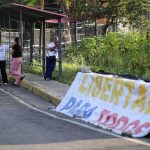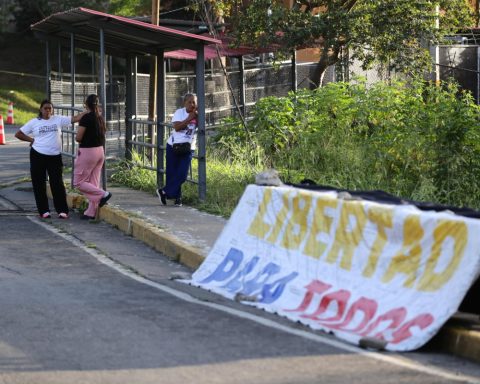July 19, 2022, 4:00 AM
July 19, 2022, 4:00 AM
The postponement of the National Population and Housing Census until 2024 marks a new attack by centralism against the foundations of the union of the Bolivian nation, which must be based on equal rights among all citizens of the country. It is not only a matter of Santa Cruz but of knowing the reality of the country and recognizing which are the main elements that make up the living conditions of its inhabitants to prioritize public and private investments in meeting their needs. Bolivia should not reach its Bicentennial without already applying the results of the new Census.
Postponing the Census until 2024 will prolong the application of its results until 2027, at least. National elections should be held in 2025 and municipal and departmental elections in 2026, so the national government will hardly want to face the debate on the redistribution of resources and the reallocation of parliamentary representation in election years. If we take into account all the defects of the 2012 Census, which did not enjoy credibility due to the lack of adequate prior mapping and the successive modifications that its results underwent (alleged adjustments), in reality there is a lag of more than 20 years in the information resulting from the census sample. Worse still, the results of the 2012 Census were never applied in their entirety since the Fiscal Pact was not approved, as determined by the Framework Law of Autonomies, approved in 2010.
Many believe that this is just a Santa Cruz problem, and that everyone loses so that Santa Cruz wins, which is why the unfortunate photo of the last National Council of Autonomy, in which the central government authorities and eight governors “agreed” on the postponement, seemed to reissue the slogan of eight departments against one, which only deepens the feeling that although there is talk of unity, in reality a false national agreement is imposed in which the rights of about a third of Bolivians residing in the department of Santa Cruz.
Basically, the results of the Census imply knowing the true reality of the living conditions of each Bolivian, of each family, of each population. Its results should not only be seen as a zero-sum game in which everyone loses so that one wins. Within each of the nine departments, there are also many demographic movements, for which, for example, with the postponement they mainly lose all the intermediate cities and all the capital cities of the department, which receive important migratory currents due to the accelerated process of urbanization experienced by Bolivia.
Although the Census is much more than the redistribution of tax co-participation resources and the reassignment of deputies, we must not forget that both public resources and parliamentary representatives correspond to the citizens, and must be allocated according to where people live, since it is for attend to their needs, that there is a political and fiscal system that preserves the principle of proportionality and equality of citizens before the law.
It is not by postponing the Census that the progress of the less developed departments will be achieved and the depopulation of rural areas or some regions of the country will be avoided, but mainly through public policies that generate adequate conditions for attracting investment and creating jobs. sustainable in the territorial spaces that today suffer the migration of its population in search of better living conditions. And when it comes to resources, it would be necessary to demand that the national government, instead of creating so many loss-making public companies, promote infrastructure projects that generate the necessary conditions to promote the productive development of all departments, according to their greatest potential.
There is still time to avoid a new blow to the integration of the Bolivian nation. The Census must be carried out in 2023, at the latest, so that its official results are known and applied before the end of the current constitutional period.


















